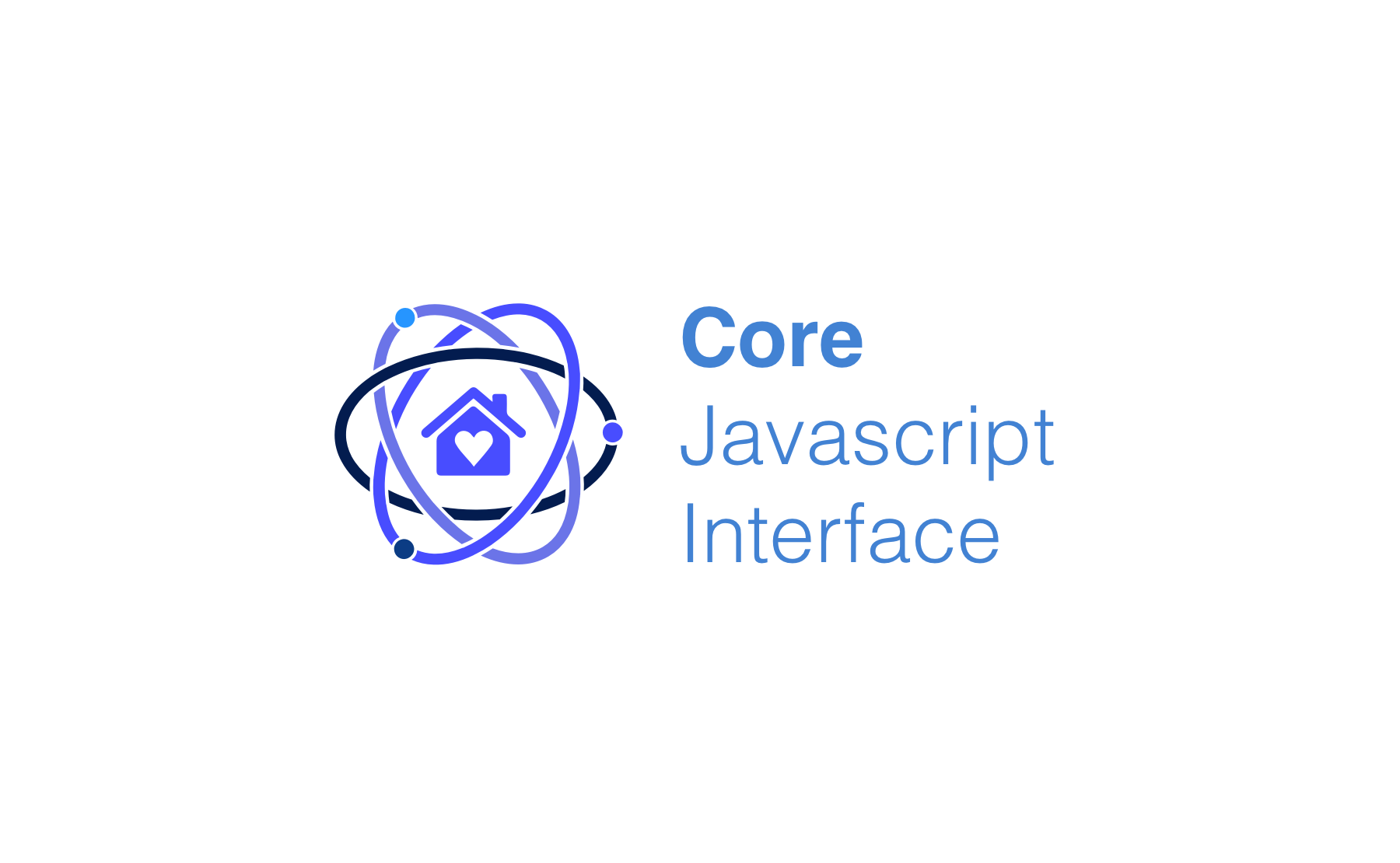





@ideal-postcodes/core-interface is an environment agnostic implementation of the Ideal Postcodes javascript API client interface.
If you are looking for a browser or node.js client, please check out the downstream clients in the links below.
Links
Documentation
Methods
Usage
To install, pick one of the following based on your platform
npm install @ideal-postcodes/core-browser
npm install @ideal-postcodes/core-node
npm install @ideal-postcodes/core-interface
Instantiate a client
const client = new Client({});
More configuration options outlined in the docs
Resource Methods
Resources defined in the API documentation are exposed on the client. Each resource exposes a method (#retrieve, #list, etc) which maps to a resource action.
These methods expose a low level interface to execute HTTP requests and observe HTTP responses. They are ideal if you have a more complex query or usecase where low level access would be useful.
Resource methods return a promise with a HTTP response object type.
Requesting a resource by ID (e.g. a postcode lookup for postcode with ID "SW1A 2AA") maps to the #retrieve method.
The first argument is the resource ID. The second argument is an object which accepts header and query attributes that map to HTTP header and the request querystring.
client.resourceName.retrieve("id", {
query: {
api_key: "foo",
tags: "this,that,those",
licensee: "sk_99dj3",
},
header: {
"IDPC-Source-IP": "8.8.8.8",
},
timeout: 5000,
});
Reqesting a resource endpoint (e.g. an address query to /addresses) maps to the #list method.
client.resourceName.list({
query: {
api_key: "foo",
query: "10 downing street"
},
header: {
"IDPC-Source-IP": "8.8.8.8",
},
timeout: 5000,
});
The first and only argument is an object which accepts header and query attributes that map to HTTP header and the request querystring.
The resources are:
Postcodes
Retrieve addresses for a postcode.
client.postcodes.retrieve("SW1A2AA", {
header: {
"Authorization": 'IDEALPOSTCODES api_key="iddqd"',
},
}).then(response => {
const addresses = response.body.result;
}).catch(error => logger(error));
See Postcode resource API documentation
Addresses
Search for an address.
client.addresses.list({
query: {
query: "10 Downing street",
},
header: {
"Authorization": 'IDEALPOSTCODES api_key="iddqd"',
},
}).then(response => {
const addresses = response.body.result.hits;
}).catch(error => logger(error));
See addresses resource API documentation
Autocomplete
Autocomplete an address given an address partial.
client.autocomplete.list({
query: {
query: "10 Downing stre",
},
header: {
"Authorization": 'IDEALPOSTCODES api_key="iddqd"',
},
}).then(response => {
const suggestions = response.body.result.hits;
}).catch(error => logger(error));
See autocomplete resource API documentation
UDPRN
Retrieve an address given a UDPRN
client.udprn.retrieve("12345678", {
header: {
"Authorization": 'IDEALPOSTCODES api_key="iddqd"',
},
}).then(response => {
const address = response.body.result;
}).catch(error => logger(error));
See UDPRN resource API documentation
UMPRN
Retrieve a multiple residence premise given a UMPRN.
client.umprn.retrieve("87654321", {
header: {
"Authorization": 'IDEALPOSTCODES api_key="iddqd"',
},
}).then(response => {
const address = response.body.result;
}).catch(error => logger(error));
See UMPRN resource API documentation
Keys
Find out if a key is available.
client.keys.retrieve("iddqd", {})
.then(response => {
const { available } = response.body.result;
}).catch(error => logger(error));
Get private information on key (requires user_token).
client.keys.retrieve("iddqd", {
header: {
"Authorization": 'IDEALPOSTCODES user_token="secret-token"',
},
}).then(response => {
const key = response.body.result;
}).catch(error => logger(error));
Get key usage data.
client.keys.usage("iddqd", {
header: {
"Authorization": 'IDEALPOSTCODES user_token="secret-token"',
},
}).then(response => {
const key = response.body.result;
}).catch(error => logger(error));
See Keys resource API documentation
Errors
For more advanced use cases, this library also exports:
- Class implementations for Ideal Postcodes API errors that inherit from
Error - A parser that converts raw error data into an error instance
Usage
Aside from inspecting the HTTP request status code and/or JSON body response codes, you may also test for specific error instances.
Errors that don't inherit from IdealPostcodesError would indicate some kind of error external to the API (e.g. bad network, request timeout).
import { errors } from "@ideal-postcodes/core-interface";
const { IdpcPostcodeNotFoundError } = errors;
if (error instanceof IdpcPostcodeNotFoundError) {
}
switch (true) {
case error instanceof IdpcPostcodeNotFoundError:
default:
}
Error Prototype Chain
All errors inherit from Javascript's Error prototype.
Errors are grouped by HTTP status code classes.
Specific errors may be supplied for the following reasons:
- Convenience: They are frequently tested for (e.g. invalid postcode, postcode not found)
- Deverloper QoL. They are useful for debug purposes during the implementation stages
Prototype Chain
# Parent class inherits from Javascript Error. Returned if no JSON Response body
IdealPostcodesError < Error
|
|- IdpcApiError # Generic Error Class, returned if JSON response body present
|
|- IdpcBadRequestError # 400 Errors
|- IdpcUnauthorisedError # 401 Errors
|- IdpcRequestFailedError # 402 Errors
|
|- IdpcResourceNotFoundError # 404 Errors
| |- IdpcPostcodeNotFoundError
| |- IdpcKeyNotFoundError
| |- IdpcUdprnNotFoundError
| |- IdpcUmprnNotFoundError
|
|- IdpcServerError # 500 Errors
Error Parser
Errors consume a HTTP API response
import { errors } from "@ideal-postcodes/core-interface";
const { parse, IdpcPostcodeNotFoundError } = errors;
const invalidPostcodeUrl = "https://api.ideal-postcodes.co.uk/v1/postcodes/bad_postcode?api_key=iddqd"
const response = await fetch(invalidPostcodeUrl);
const error = parse(response);
if (error instanceof IdpcPostcodeNotFoundError) ...
Test
npm test
License
MIT




